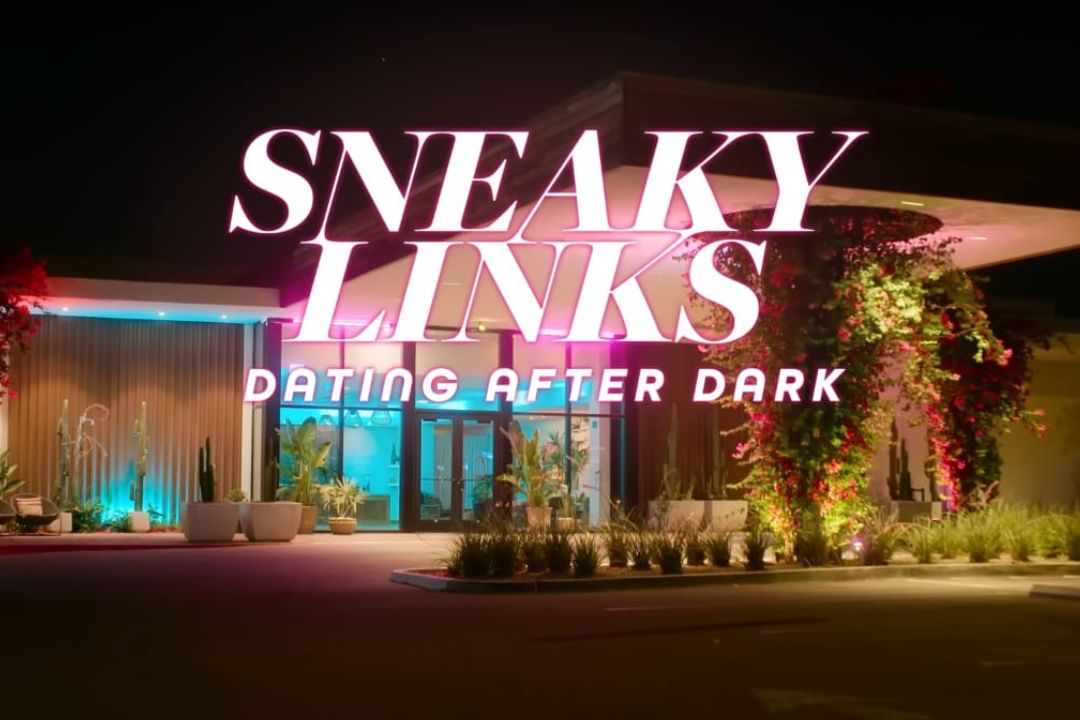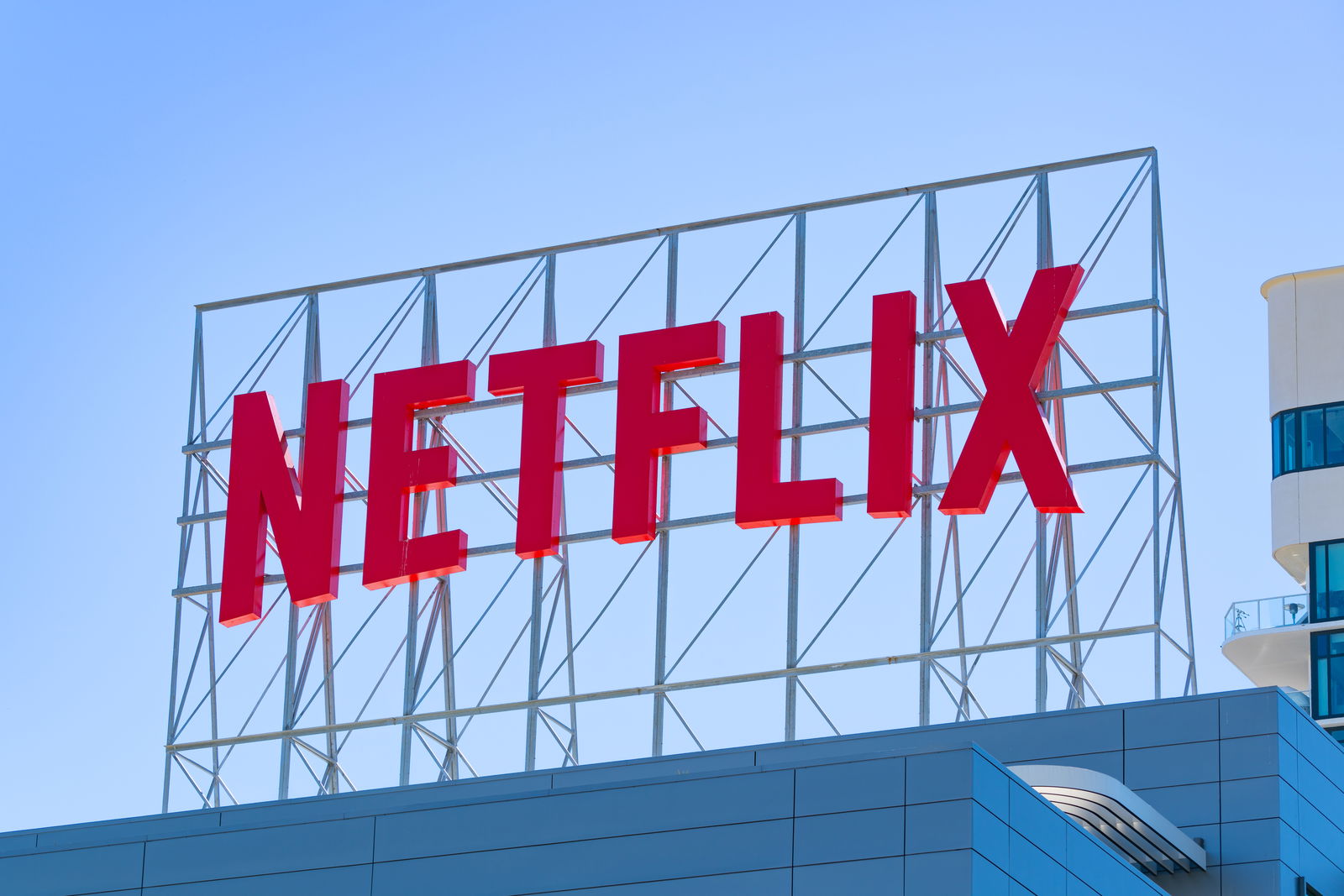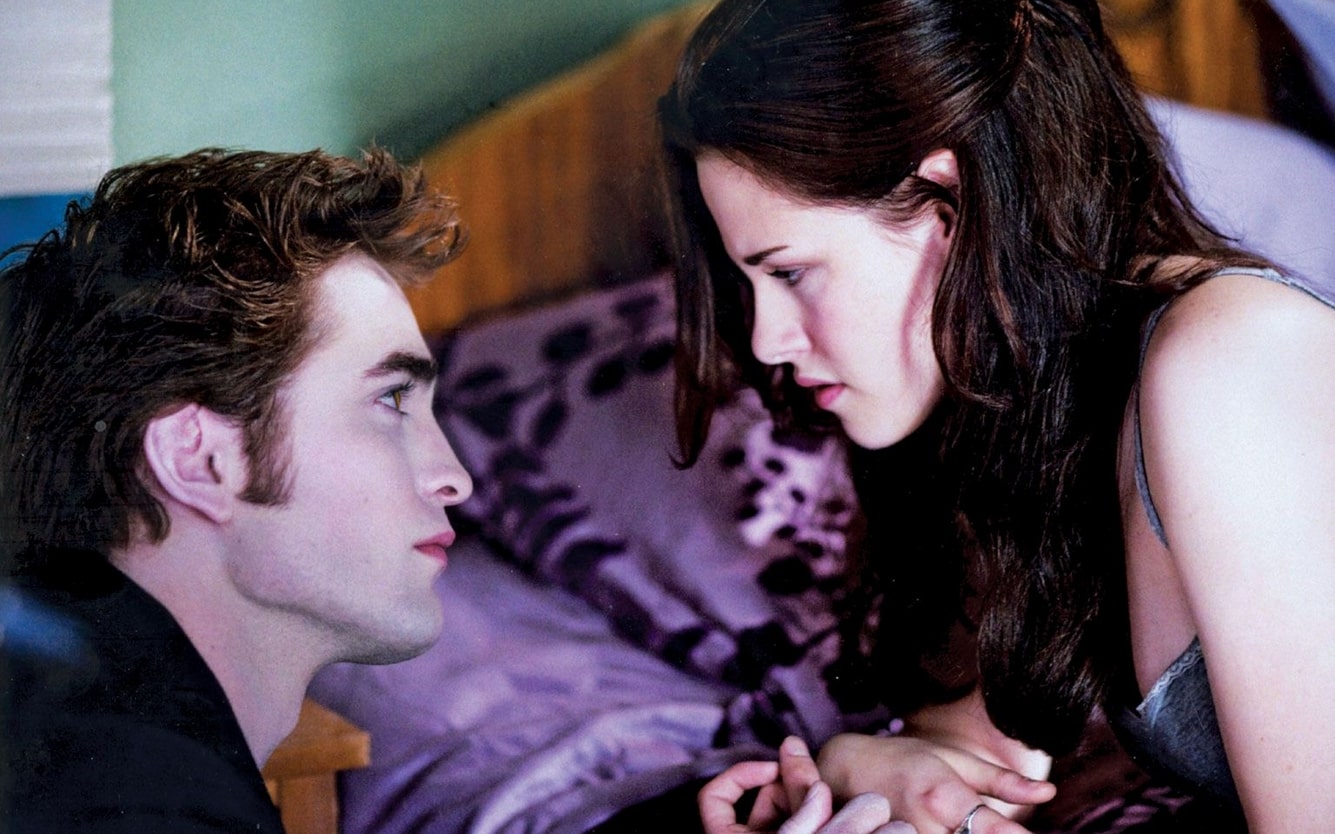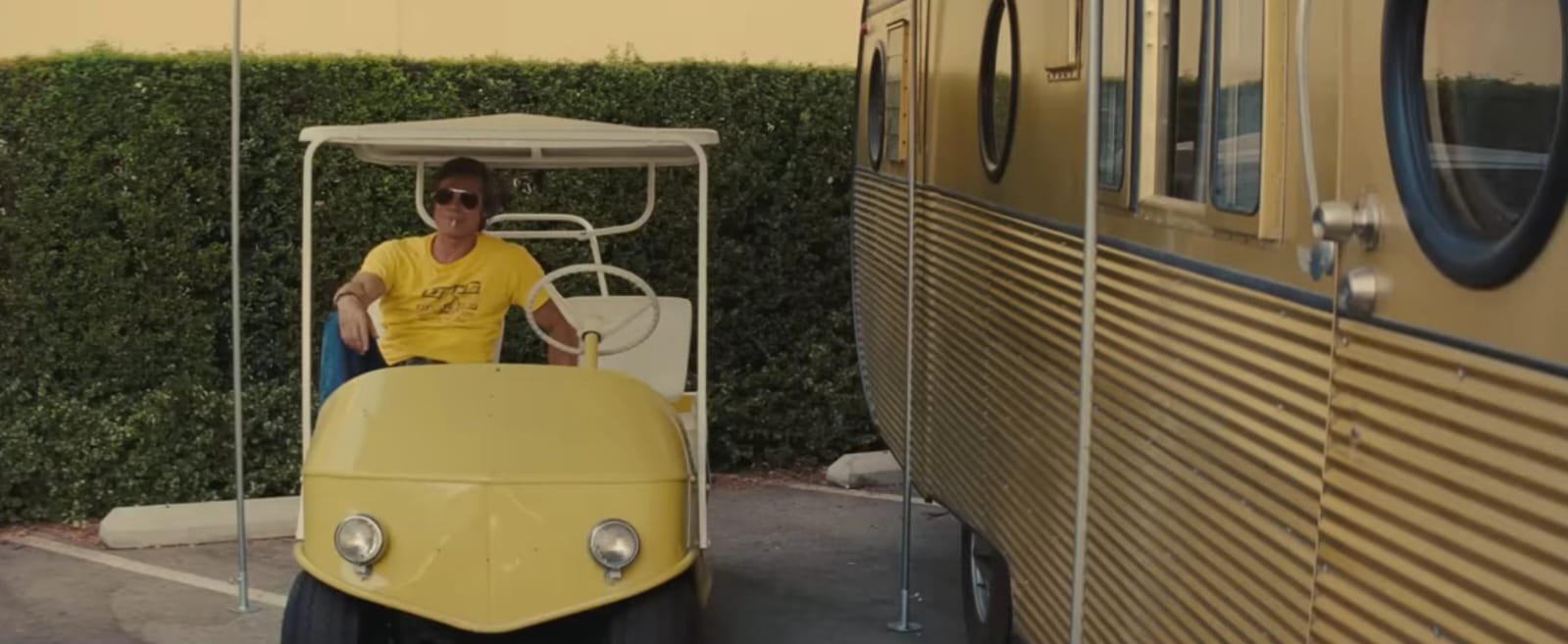How the Profound Passion in Bridgerton Season 2 Intimacy Serves the Feminine Gaze

via Imago
[data:image/gif;base64,R0lGODlhAQABAAAAACH5BAEKAAEALAAAAAABAAEAAAICTAEAOw==]https://www.staging.netflixjunkie.com/wp-content/uploads/2022/03/BRIDGERTON_205_Unit_01978R-1024x684-1.jpg
In the era of #MeToo and other feminist movements, there are few who do not know what the terms male and female gaze are. We see both of them being on television, for good and for bad. In an interview, actor Jonathan Bailey talks about the female gaze in Bridgerton season 2. Does the series actually serve the female gaze or is it just an over-hyped improvement over season 1 of the series?
What exactly are the male and female gaze?
It was 1975 when Laura Mulvey gave a name to Hollywood’s obsession with the female body. However, this obsession dates way before Mulvey began calling the sexual objectification of women in media the male gaze.
ADVERTISEMENT
Article continues below this ad
In 2017, women made up ~18% of the directors, writers, producers, executive producers, editors, and cinematographers in the top 250 domestic grossing films in the USA. And this number hasn’t changed a lot since the 1990s, a fact that speaks volumes. This statistic might vary slightly in different countries across the globe, but the essence of it remains the same. The male population tends to control most of the filmmaking industry. Hence, there is a tedious overrepresentation of men in all forms of media. With a mostly male-dominated group of creators, they tend to cater to the male population.
Examples of the male gaze and how the female gaze took over
We have seen it in critically acclaimed classic films like Last Tango in Paris to the modern favorites like The Avengers. Women were seen as mere sexual objects in these films instead of intellectual beings. Their characters were reduced to what people called “eye candy”.
In the wake of feminism, we have seen this being turned into something positive. And no, we do not mean women are now sexualizing men in turn. The female gaze is about turning the narrative against the male gaze. It aims to show women as emotional and intellectual beings who can make their own decisions without their physical appearance changing their fate. The female gaze focuses on reiterating the fact that a woman doesn’t need to be feminine or conventionally attractive for her to be a likable character. Or, that femininity and being bold are two traits that cannot coexist. In short, the female gaze breaks down stereotypes. It cancels out the cliches we have seen for ages in cinema and shows us the real image of women.
Where does Bridgerton Season 2 stand in terms of the female gaze?
Anyone who has seen the Netflix Original knows very well how Bridgerton walks the very thin line between sexual liberation and sexualization. The show is extremely progressive in terms of racism. In fact, it doesn’t perform badly in terms of sexism for a period drama. While some fans argue that the show does have sexist undertones of a period drama, despite Eloise raging against the machine and Daphne calling her brother out. This theory comes from the fact that, despite their whims, it doesn’t lead anywhere. Both Daphne and Eloise find that their opinions eventually were inconsequential.
As for sexualization, we see plenty of it in season 1 of the Netflix Original. As we mentioned earlier, it was during this time that the series was walking the thin line between sexualization and sexual liberation. We see Daphne learn how to pleasure herself. However, this scene that could’ve been extremely progressive for a period drama ended up being sexualizing. We have seen instances in shows like The Handmaid’s Tale and Jessica Jones that these scenes do not necessarily have to be gratifying or sexualized.
ADVERTISEMENT
Article continues below this ad
Is there scope for more progress after Bridgerton season 2?
Jonathan Bailey recently mentioned in an interview how Bridgerton is “sex-positive”. More so for females than males, especially in a period drama. In this specific genre, we usually haven’t seen female characters even acknowledge their sexual side, let alone explore it. Hence, watching Daphne, Kate or even the dressmaker Madame Delacroix take control of their needs and stand firm on what they want was extremely empowering.
While we know that the show still has miles to go, with fans expecting a lot more from Eloise, one can safely say that Bridgerton is indeed progressive.
ADVERTISEMENT
Article continues below this ad
Don’t forget to stream Bridgerton season 2 on Netflix!
ADVERTISEMENT
More from Netflix Junkie on Netflix News
ADVERTISEMENT









